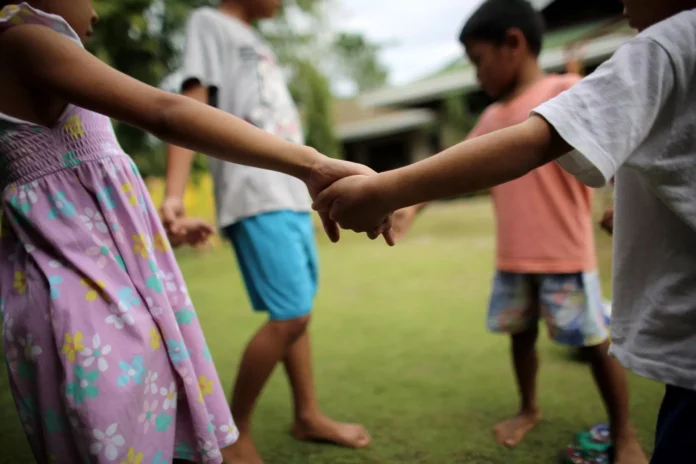April 13, Colombo (LNW): Authorities have begun a formal inquiry into a troubling incident at a Colombo-based boys’ primary school, where young students were reportedly subjected to severe physical punishment by a teacher.
The National Child Protection Authority (NCPA) confirmed that its Special Investigation Unit initiated the probe following public concern over a video that recently emerged online.
The footage, widely circulated on social media platforms, is said to depict a Grade 3 teacher meting out what appears to be violent discipline to children under his supervision.
The teacher, identified as R. Ganeshamoorthy, is accused of striking the students with a stainless steel ruler—an act allegedly carried out in response to their inability to memorise and recite a lesson.
The children involved, both aged seven, have since provided detailed statements to investigators alongside their parents and school officials.
The NCPA’s Director of Law Enforcement, Ms Sajeewani Abeykoon, noted that whilst some parents were initially reluctant to press charges, further discussions clarified that legal action would serve to protect not only their children but potentially others as well.
“Our responsibility is to uphold the rights and wellbeing of the child, irrespective of the initial hesitation from guardians,” she said.
In the course of the inquiry, investigators visited the school to examine the classroom where the incident is believed to have occurred.
Forensic medical assessments of the children have been conducted and video testimonies have been collected under judicial authorisation.
Officials confirmed that the preliminary phase of the investigation has concluded and that the matter has now been brought before court under Section 308 of the Penal Code, which addresses cruelty inflicted on children.
The teacher, believed to be a resident of Badulla, has not yet been apprehended and is reportedly evading arrest. Police have launched a targeted operation to locate and bring the individual into custody.
The incident has reignited public discourse on the persistence of corporal punishment in Sri Lanka’s education system, despite longstanding calls for reform.
Whilst the use of physical discipline in schools is officially discouraged and prohibited under child protection regulations, enforcement remains inconsistent, particularly in primary institutions.
Child rights advocates and educational experts have expressed outrage over the incident, urging stronger institutional accountability and better mechanisms for reporting abuse within schools.
Many have emphasised the need for sustained teacher training on non-violent disciplinary methods, coupled with psychological support frameworks for both students and educators.

